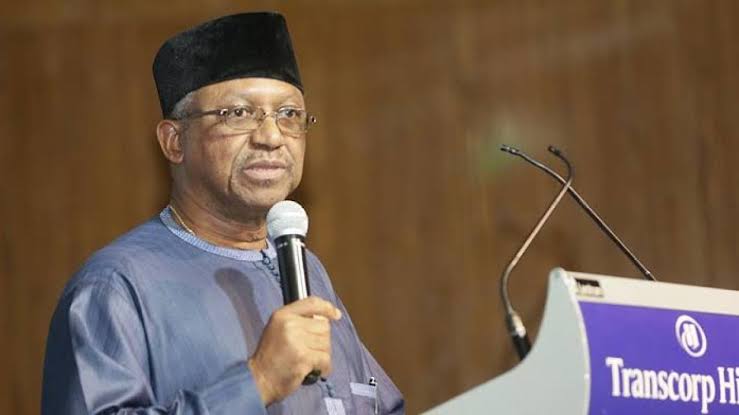By Asmau Ahmad
The Minister of Health, Dr Osagie Ehanire, says progress toward achievement of the Sustainable Development Goals (SDGs) and Universal Health Coverage (UHC) requires keeping adolescents healthy by appropriate investment and effective coordination.
Ehanire said this at a news conference to commemorate the 2022 National and International Adolescent Health Week (IAHW).
The theme of the week-long participatory event for stakeholders working in adolescent health space is “Transitions: Building a case for the visibility of adolescents in Nigeria while transitioning from a pre-pandemic to a life shaped by pandemic.”
The minister, who said adolescents constitute significant proportion of Nigeria’s populations, added that “the National Demographic and Health Survey (NDHS 2018) shows that 19 per cent of teenage girls are mothers and pregnant with their first child, 32 per cent do not attend ante-natal care.”
He also quoted the survey as indicating that “66 per cent delivered without supervision by skilled birth attendants. This is compounded with the impact of COVID-19 pandemic on our already fragile health system.”
He said that during the commemoration of the IAHW in 2021, he informed stakeholders of government’s commitment toward ensuring the welfare of adolescents in Nigeria.
According to him, progress has been made in that regard as the National Adolescent Health and Development Technical Working Group has been repositioned and inaugurated for better performance.
He added that membership was drawn from relevant stakeholders, including young people-led organisations.
Ehanire also said that the Ministry of Health had created a budget line at national level for adolescents, developed a two-year national costed workplan and prioritised activities for implementation in 2022.
According to him, the national adolescent health policy is being domesticated, frontline healthworkers’ capacities are being built and strengthened at subnational level.
This, he said, was in collaboration with its partners, the World Health Organisation (WHO), the United Nations Children’s Fund (UNICEF), the Lafiya project and others.
He assured that the Federal Government remained resolute in ensuring access to quality health to Nigerians.
He, therefore, urged stakeholders to promote and champion any adolescent health issues relevant in their various communities.




